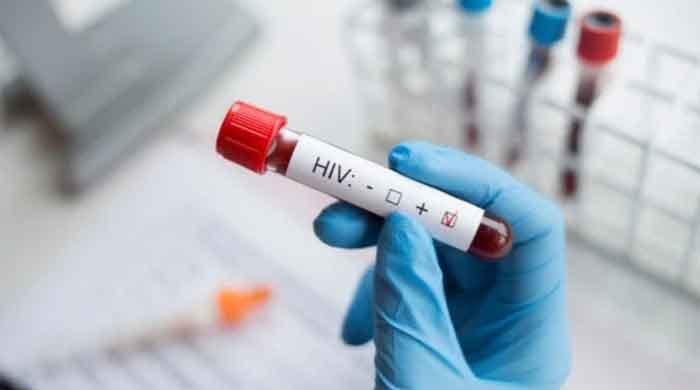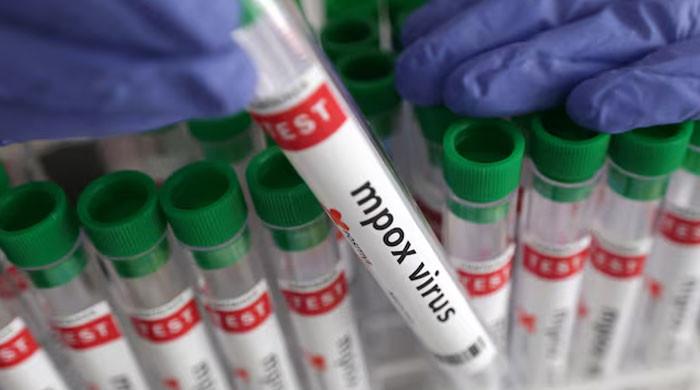Parental smoking linked to genetic changes in kids with cancer
“The best thing to do to reduce risk to a minimum is to cut out smoking altogether”
April 07, 2017

Parents who smoke may contribute to genetic changes in their kids that are associated with the most common type of childhood cancer, a recent study suggests.
Some previous research has linked parental smoking to an increased risk of childhood leukaemia, but with less consistent results for mothers than for fathers. The current study is the first to link smoking by both parents to specific genetic changes in tumour cells of children with acute lymphoblastic leukaemia (ALL), said lead study author Adam de Smith, a researcher at the University of California San Francisco’s Helen Diller Family Comprehensive Cancer Center.
“Another way of looking at this is that we are seeing evidence of the toxic effects of tobacco smoke in the genes of the leukaemia cell, a molecular type of forensic pathology,” de Smith said by email.
“These deletions are not inherited from parents but are acquired in the child’s immune cells, so we think the more important windows of tobacco exposure are during pregnancy and after birth,” he added.
Acute lymphoblastic leukaemia is a cancer that starts from the early version of white blood cells called lymphocytes in the bone marrow, the soft inner part of the bones where new blood cells are made. With this type of cancer, the bone marrow makes irregular lymphocytes with errors known as deletions in their DNA, causing unchecked growth that crowds out healthy cells.
Each year about 5,970 new cases of ALL are diagnosed in the U.S. and about 1,440 people die from the disease, according to the American Cancer Society. The risk of developing ALL is highest in children under age 5, though the majority of the deaths occur with adult cases.
For the current study, researchers examined data on pre-treatment tumour samples from 559 ALL patients in a study of childhood leukaemia cases in California. They wanted to see if any of the eight genes that are often deleted in ALL patients were missing in the tumour samples, and whether any of these deletions were associated with parental smoking habits.
Roughly two-thirds of the tumour samples contained at least one of these deletions, the study in Cancer Research found.
Deletions were considerably more common in children whose mothers had smoked during pregnancy and after birth. For each five cigarettes smoked daily during pregnancy, there was a 22 percent increase in the number of deletions; and for each five cigarettes smoked daily during breastfeeding, there was a 74 percent increase in the number of deletions.
Smoking of five cigarettes daily by the mother or father before conception also was associated with a 7 percent to 8 percent increase in the number of deletions.
Boys were found to be more sensitive to the effects of maternal smoking, including smoking that occurred pre-conception. This could be explained by the fact that male fetuses grow more rapidly, leading to increased vulnerability of developing lymphocytes to toxins that cause genetic damage, the authors note.
One limitation of the study is that researchers don’t know when genetic deletions occurred relative to the development of leukaemia. Researchers also relied on parents to accurately recall and report their smoking habits in questionnaires, making it possible the timing or amount of tobacco exposure might be incorrect in some cases.
Still, the findings should reinforce how important it is for parents to quit or cut back tobacco use, said Dr Marte Reigstad, a researcher at Oslo University Hospital in Norway who wasn’t involved in the study.
“The best thing to do to reduce risk to a minimum is to cut out smoking altogether,” Reigstad, who wasn’t involved in the study, said by email.
For people who grew up with parents that smoked, it’s important to understand that tobacco isn’t the only thing that causes cancer, Reigstad added.
“Living healthy lives can also reduce cancer risk, especially concerning exercise and keeping a healthy body weight,” Reigstad said.











